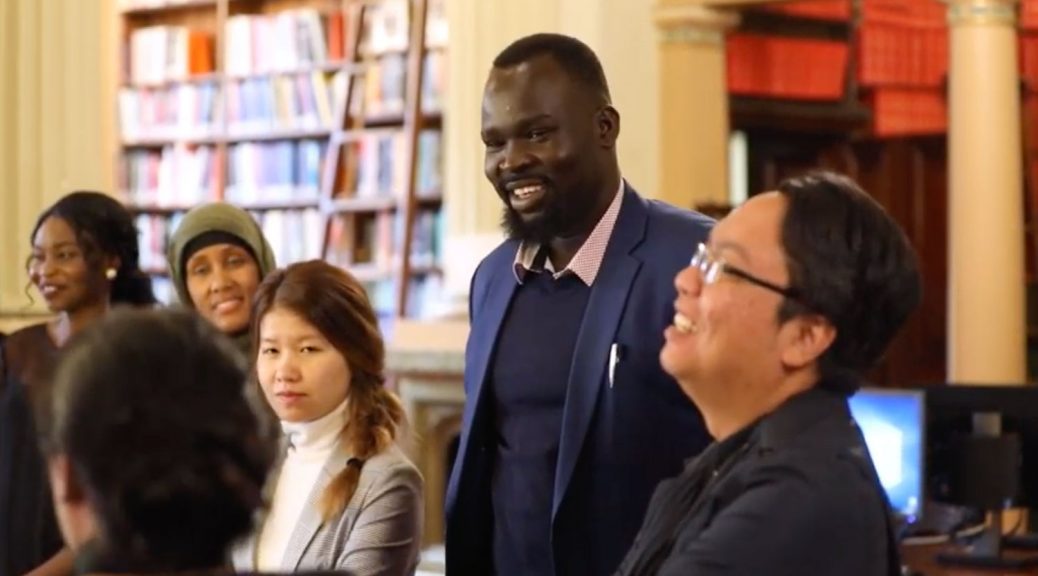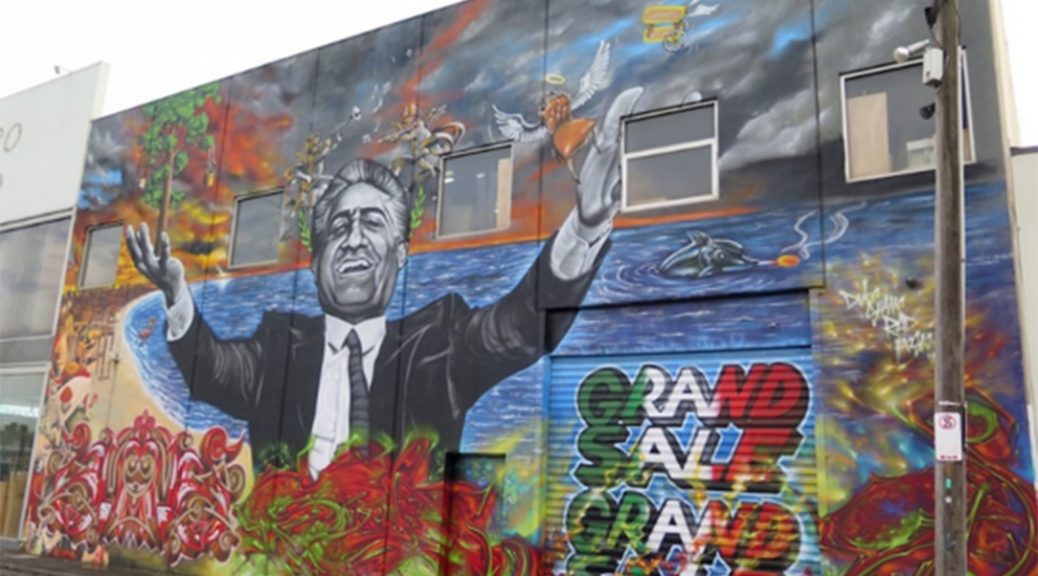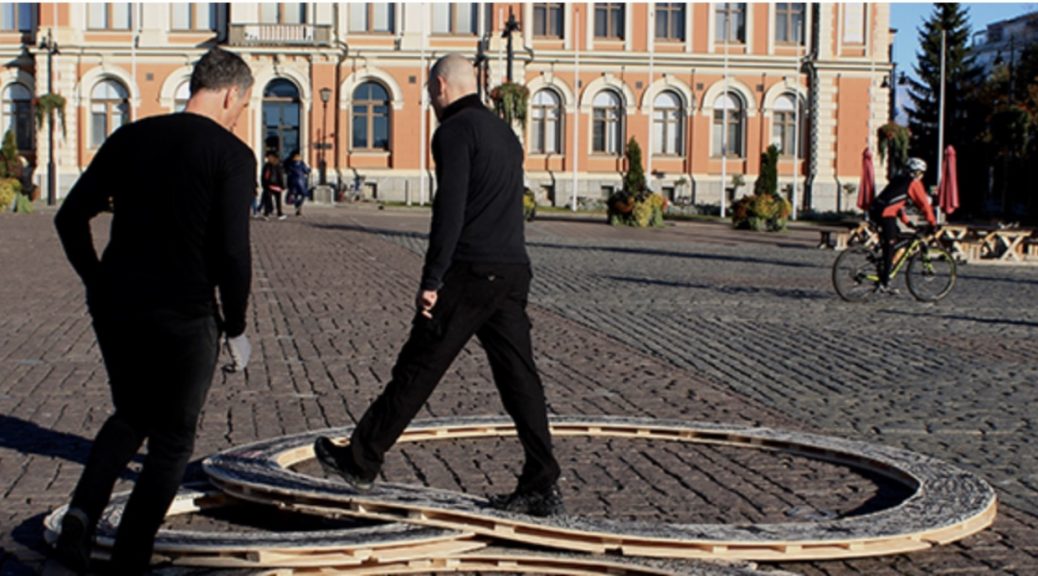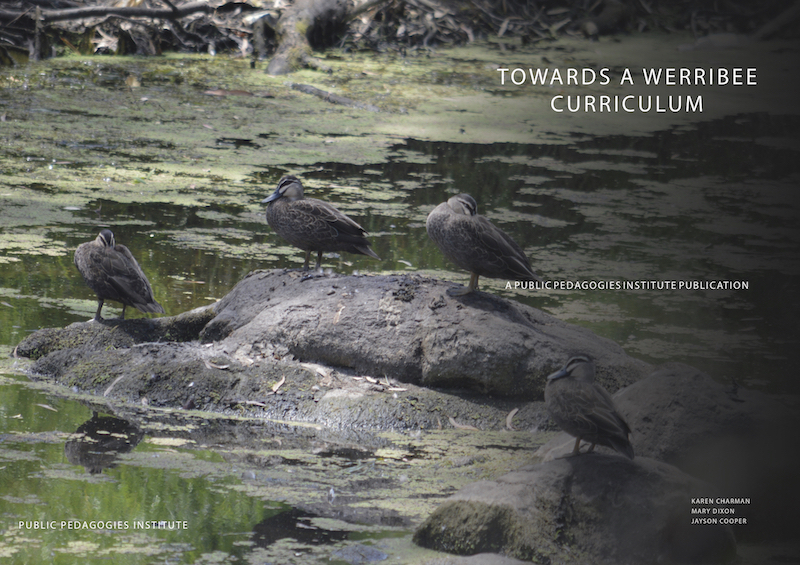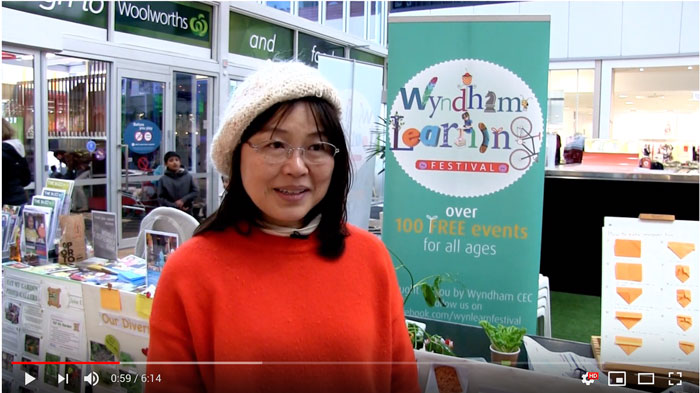The Public Pedagogies Institute warmly invites proposals for papers/workshops around the conference theme Walking and Talking Public Pedagogies. The conference will take place on the 28th and 29th of November 2019 at Victoria University, Melbourne.
This conference is interested in how thinking is disrupted and
re-imagined through the act of walking. What are the possibilities that open up
when we are in the realm of streets, parks, river banks or transport hubs? As
we walk through our suburbs or our towns do these spaces impact on our thinking
in generative ways? Do they entail pedagogical moments and how might these be
defined? Together with walking this conference is also about talking. This is
the International Year of Indigenous Languages. What do languages enable? For
the Public Pedagogies Institute, we ask what are the affordances and
constraints of Indigenous languages in public places. How does the use of these
languages effect an understanding of place and the public?
We welcome and invite a range of submissions–informal presentations, academic papers, workshops, screenings–and encourage a diversity of sectors to participate in two days of ideas-sharing and networking on our theme.
Submissions of no more than 300 words will be
accepted up until June 30, 2019.
All submissions
should be accompanied by a 100 word biographical note. Please send to karen.charman@vu.edu.au
Keynote
Speakers:
We are excited to
announce our first keynote speaker
Stephanie Springgay is an Associate Professor in the Department of Curriculum, Teaching, and Learning at the University of Toronto. She is a leading scholar in research-creation methodologies with a focus on walking, affect, new materialism and posthumanism, queer theory, and contemporary art as pedagogy. Her most recent research-creation projects are documented at www.thepedagogicalimpulse.com, www.walkinglab.org and www.stephaniespringgay.com. She has published widely in academic journals and is the co-author of the book Walking Methodologies in More-than-Human World: Walkinglab Routledge (2018), with Sarah E. Truman; co-editor of M/othering a Bodied Curriculum: Emplacement, Desire, Affect, University of Toronto Press, with Debra Freedman; co-editor of Curriculum and the Cultural Body, Peter Lang with Debra Freedman; and author of Body Knowledge and Curriculum: Pedagogies of Touch in Youth and Visual Culture, Peter Lang.
We are pleased to announce our second keynote speaker for this year’s Public Pedagogies Conference—author Tony Birch.
In 2015, Dr Tony Birch joined VU as the first recipient of the University’s Dr Bruce McGuinness Indigenous Research Fellowship. Dr Birch is a renowned academic, author, educator and researcher. His research interests centre on climate change and indigenous knowledge systems. Dr Birch’s books includeShadowboxing (2006), Father’s Day (2009), Blood (2011), The Promise (2014) and Ghost River (2015). In 2017 he was awarded the Patrick White Literary Award for his contribution to contemporary Australian literature.

